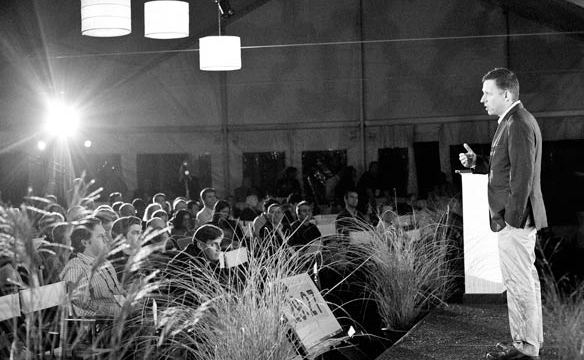When Does Science Become Pseudoscience?

What’s the Latest Development?
Scientists love to hate Deepak Chopra, the new-age author who has written about “quantum healing,” which involves “healing the bodymind from a quantum level” by a shift in the fields of energy information. But in Chopra’s new book Super Brain: Unleash the Explosive Power of Your Mind, which is co-written with Harvard neuroscientist Rudolph Tanzi, “you’ll find perfectly sensible tips about learning to meditate, finding meaningful work and the benefits of a Mediterranean diet,” says the Guardian’s Oliver Burkeman. Because Chopra is the object of many a physicist’s ire, his new book renews the question over what exactly is meant by pseudoscience.
What’s the Big Idea?
Michael Gordin, author of the new book The Pseudoscience Wars, claims that our notion of pseudoscience is too slippery to automatically ignore something labeled as such. “Pseudoscience, Gordin concludes, is mainly a term scientists deploy when their authority is threatened. Science can be good or bad, right or wrong, competent or bumbling. But there’s no bright line between the real deal and the ‘pseudo’ kind.” Chopra’s books are plainly not science but new age authors like himself have gathered a large audience mainly because of the wisdom they offer. “But it’s a useful reminder that pseudoscience is murkier than it seems. … True scepticism entails sifting one from the other.”
Photo credit: Shutterstock.com





